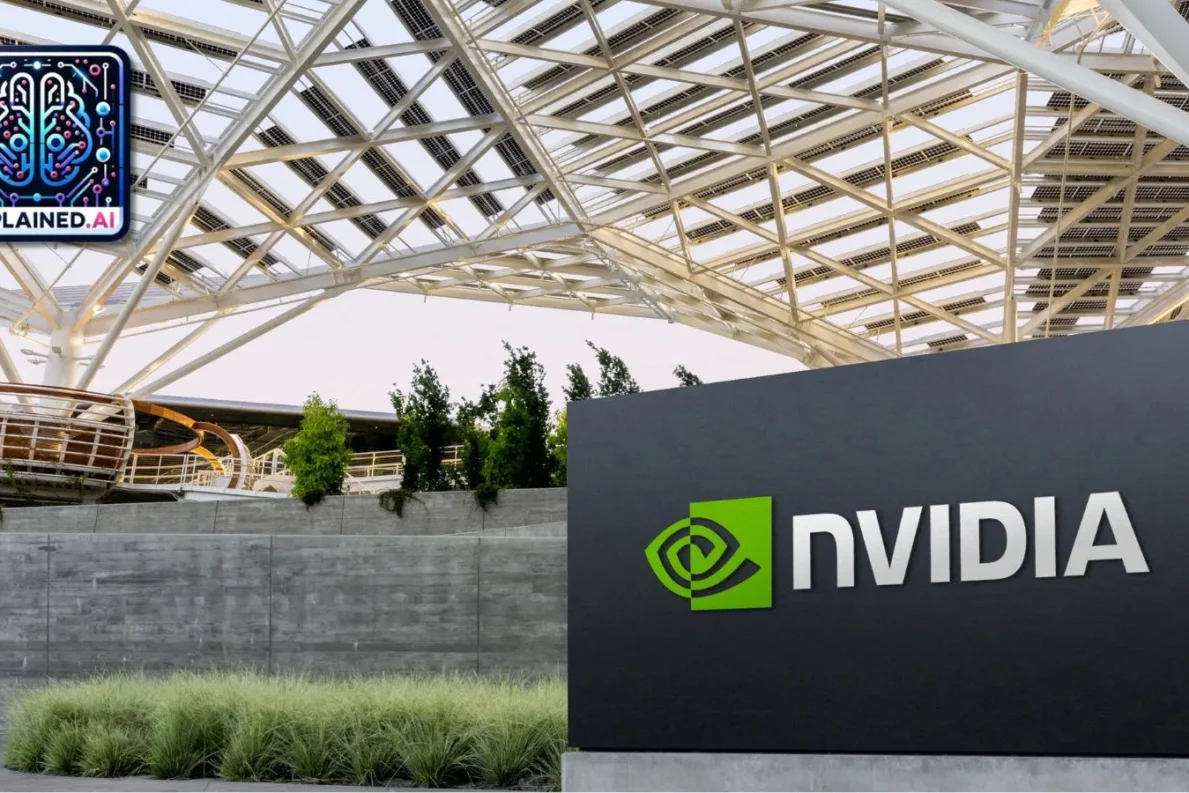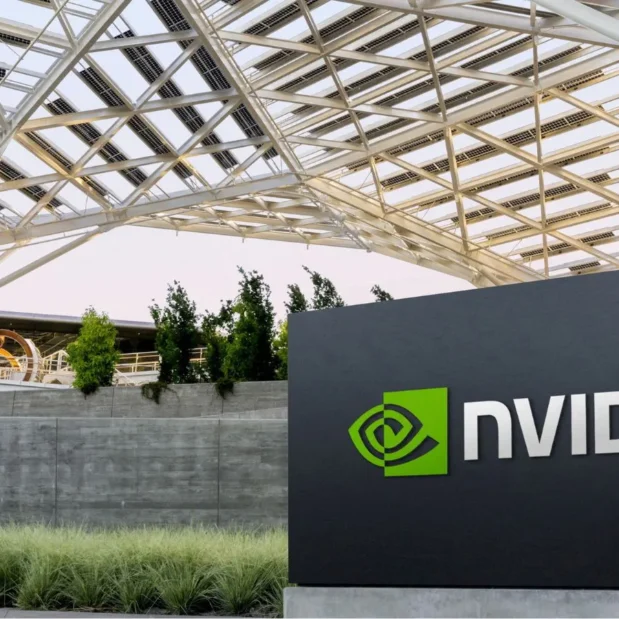
NVIDIA’s much-anticipated next-generation Blackwell AI chips are encountering delays due to a design flaw discovered late in the production cycle. This issue has triggered a postponement of at least three months, significantly impacting major clients such as Microsoft, Google, and Meta, who have placed substantial orders for these chips.
This flaw was detected during the production phase at Taiwan Semiconductor Manufacturing Company (TSMC), necessitating a redesign and delaying the commencement of mass production.
The implementation of an advanced semiconductor packaging technology, referred to as CoWoS-L, has compounded the delays. This technology is currently in limited supply, adding another layer of complexity to the production process. To mitigate these challenges, NVIDIA is concentrating on producing its GB200 superchips while planning to introduce a new design labeled as B200A, catering to the demand for lower-end and mid-range AI systems.

NVIDIA expects to ramp up production in the latter half of the year, with large shipments expected in the first quarter of the next year. Despite these setbacks, NVIDIA remains dedicated to maintaining its stronghold in the AI computing domain. However, the delay has opened an opportunity for competitors, such as AMD, to potentially gain market share. NVIDIA’s commitment to overcoming these obstacles highlights its resilience and innovative capabilities in the ever-evolving tech landscape.










